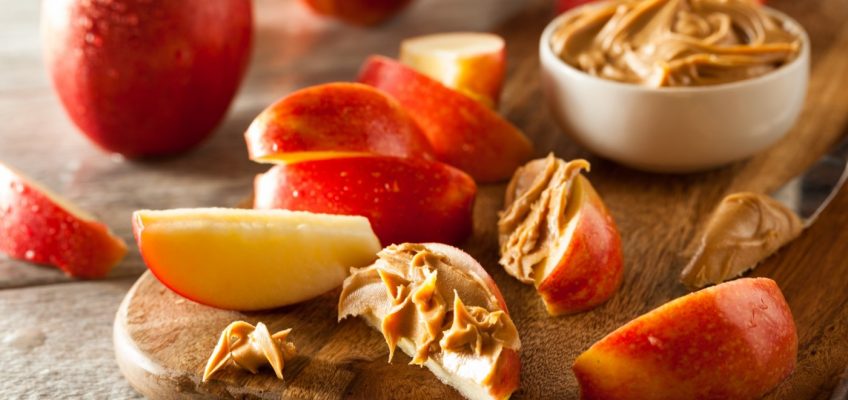If you are looking to improve your nutrition, you may want to start with your snacking habits. While snacks have the potential to improve nutrient intake and boost energy levels between meals, in reality snack choices often fall short of these goals. Before jumping on the latest diet craze, consider how your snacks may be derailing your healthy eating plans.
Researchers looked at the diets of over 20,000 Americans and found that, on average, people consumed an additional 400 to 500 calories per day in snacks. Snacks contributed to about a meal’s worth of calories, or about 22% of daily calories, while providing little nutritional value. The study, which was published in PLOS Global Public Health, reported that snacks were mostly carbohydrate-rich and high-fat convenience foods, sweets, alcoholic beverages and sugar-sweetened drinks.
Healthful snacks can help manage appetite and keep energy levels stable during longer time periods between meals. Some individuals may need to rely on consuming snacks more often such as those who are trying to gain weight, manage blood sugar levels, athletes with higher energy needs and those who get full easily. Choose the right snacks and practice mindfulness snacking habits to reap the greatest benefit. Here are some smart snacking strategies to improve your snacking game:
Choose satisfying snacks
Choosing the wrong snacks can unintentionally make you even hungrier. Ideal snacks contain a combination of protein and fiber that stabilizes blood sugar, appetite and energy levels. Opt for snacks like apple slices and nut butter, whole grain crackers and cheese, a tortilla with turkey or guacamole or a hard-boiled egg with sliced veggies and hummus, for example. If you have some extra time, try making snacks that require a bit more prep time like tuna salad, steamed edamame or a protein shake.
Track your meals and snacks
To assess how your snacking is impacting your overall nutritional intake, consider tracking your food intake for a few days to a week in a food tracking app like MyFitnessPal, Cronometer or Lifesum. Take note of how your snacks stack up and what adjustments may be needed.
Create an eating schedule
Excess snacking can get in the way of eating right at meals. Create a meal and snack schedule that prioritizes balanced meals and helps avoid mindless snacking. Plan healthful snacks that fit within your daily nutrition needs.
Plan snacks for on-the-go
Bring healthy snacks and beverages for on-the-go. It’s easy to fall for unhealthy snacks and sugary drinks when away from home. Plan ahead by bringing smart snacks in the car so you are prepared when hunger strikes.
Make healthy snacking easy
Remember that your food environment affects your eating habits. If you keep cookies, chips and candy at an arm’s reach, you will be more likely to grab them when you get hungry. Instead, keep your healthy snacks ready and easily accessible at eye level in the refrigerator. Stock a bowl with fruit on the counter and place nutritious snacks like nuts, dried seaweed and freeze-dried fruit in the pantry.
Hydrate with less sugar
Sugary beverages like sweetened flavored coffee drinks, juice drinks and sugar-sweetened teas are fun treats, but are often loaded with sugar and calories. Stay hydrated with unsweetened and low sugar beverages like unsweetened tea and coffee, flavored sparkling water, fresh fruit and vegetable smoothies, coconut water and, of course, water.
LeeAnn Weintraub, MPH, RD is a registered dietitian, providing nutrition counseling and consulting to individuals, families and organizations. She can be reached by email at RD@halfacup.com.


Leave a Reply